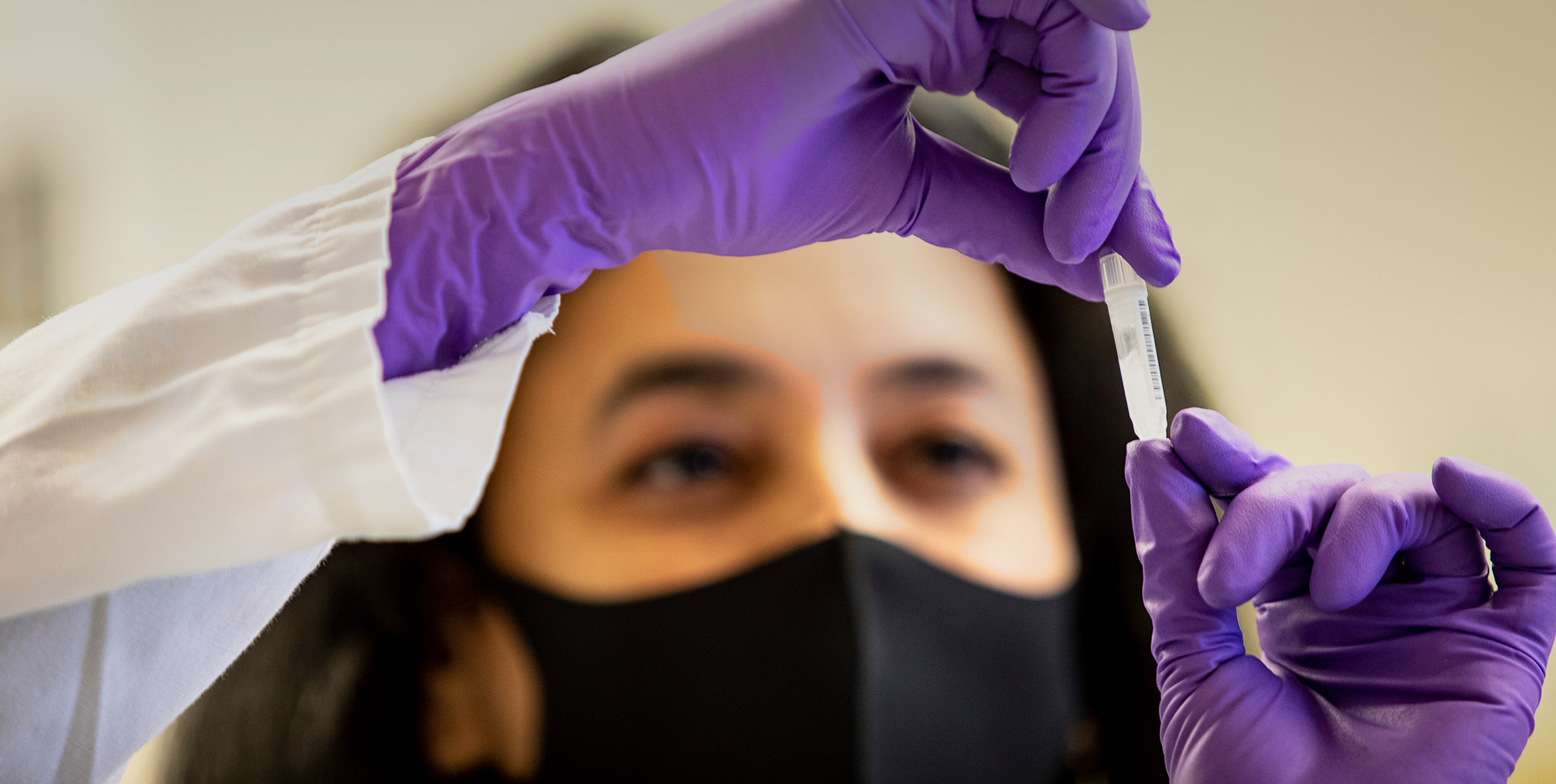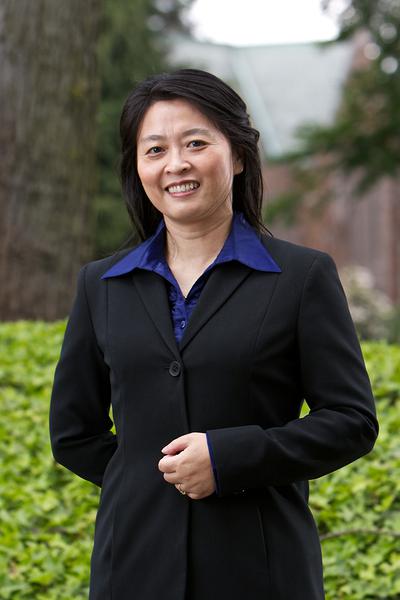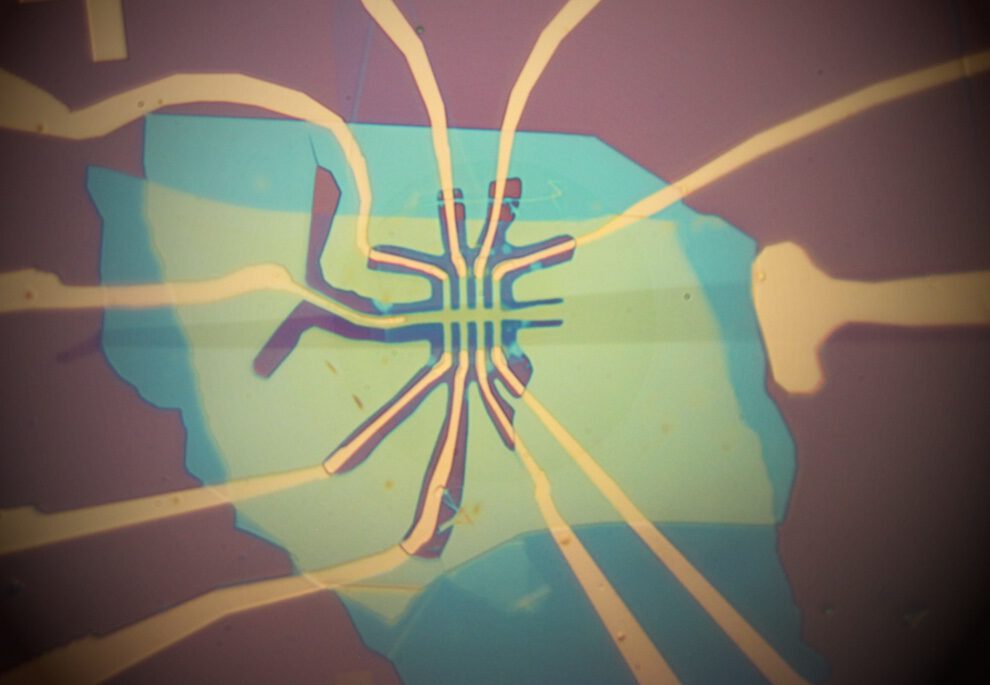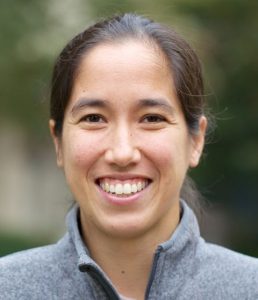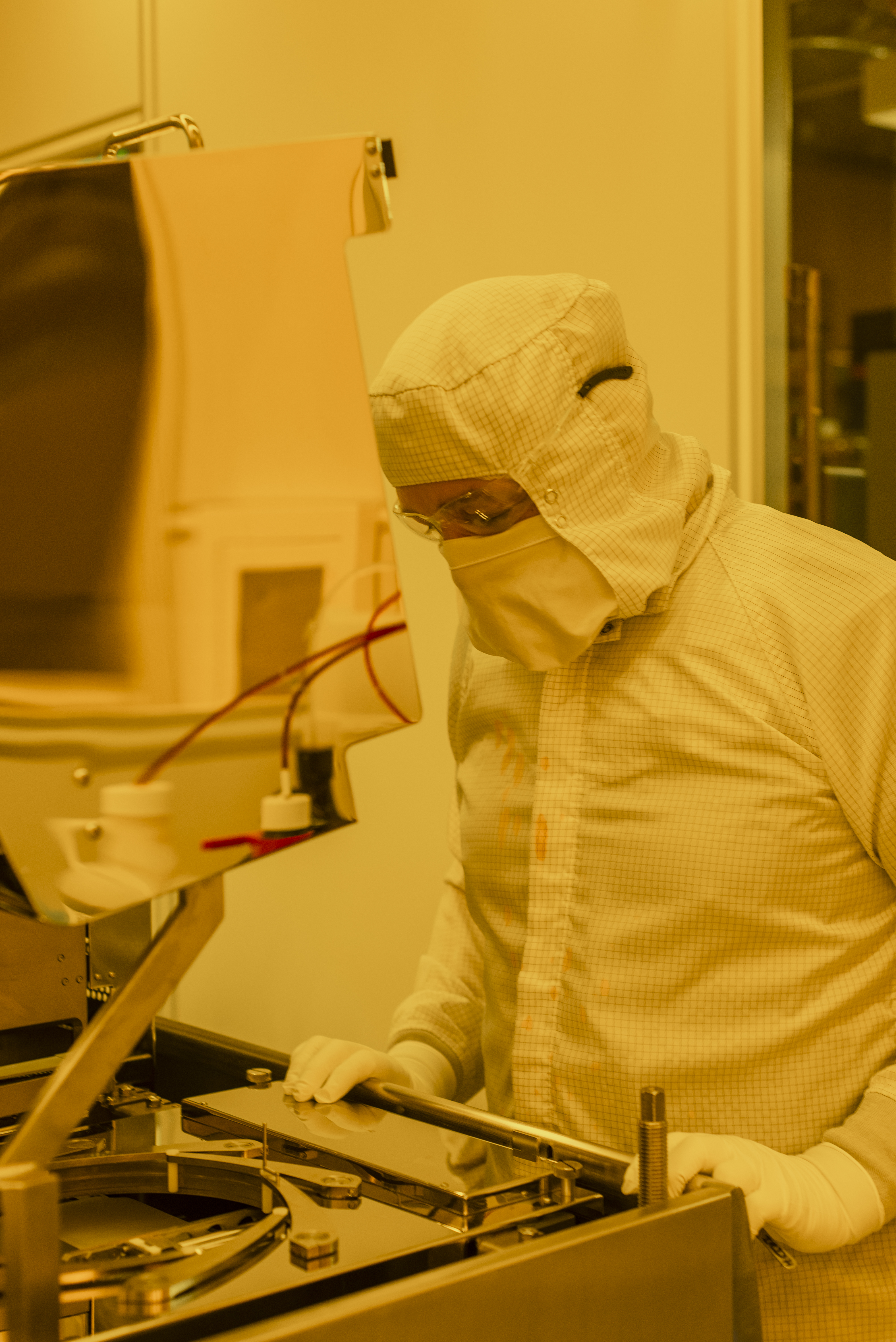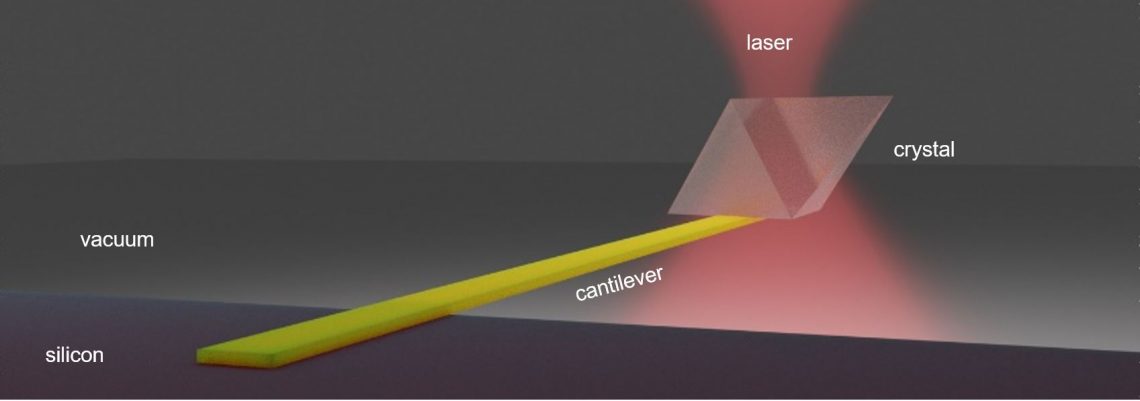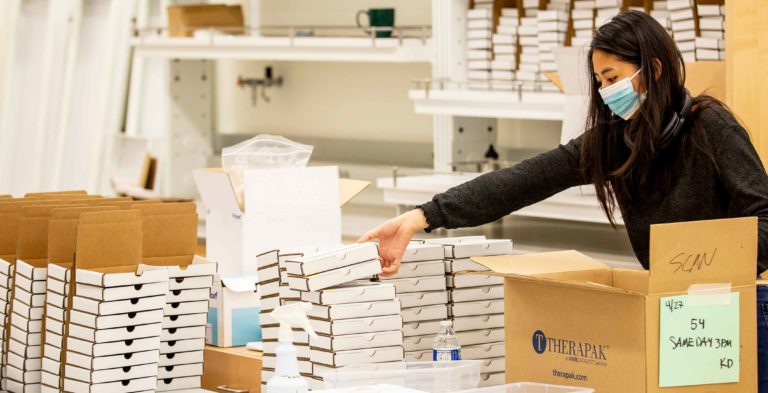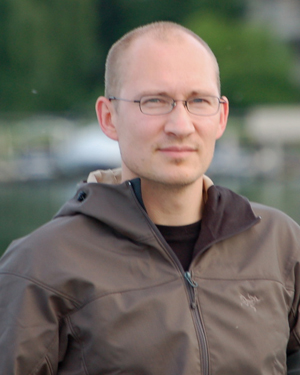UW Bioengineering faculty pivot diagnostics research to support the need for COVID-19 testing. The Lutz and Yager labs have developed prototypes that deliver results in less than 30 minutes, and the groups have also assembled 35,000 tests for the Seattle Coronavirus Assessment Network at the NanoES building.
A culture of collaboration
